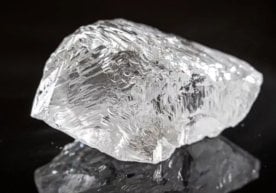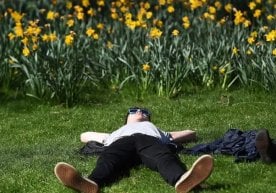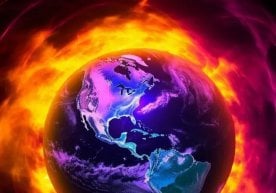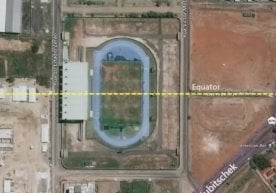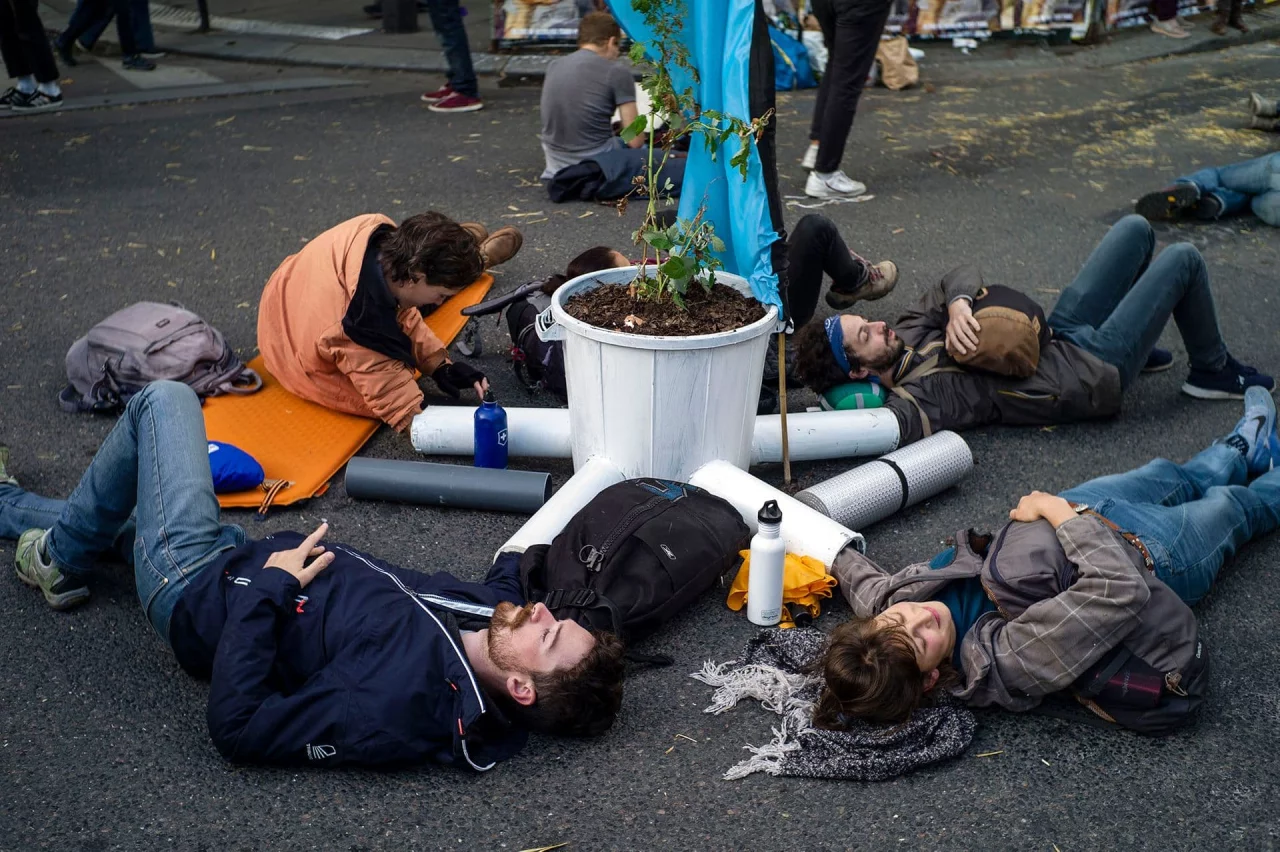
Global climate change is not limited to hot summer days or the melting of glaciers on the earth's surface. Now it seriously threatens the peaceful sleep of every person. The latest study conducted by scientists from Flinders University in Australia causes serious concern about this.
A team led by leading sleep expert Bastien Lechat analyzed data collected via under-mattress sensors from 116,000 people in 41 countries. This global study clearly showed that cases of so-called “obstructive sleep apnea” (breathing stops during sleep) are directly related to an increase in nighttime temperature.
+27 degrees — a dangerous threshold
According to the results obtained, when the night temperature exceeded +27 degrees, cases of sleep apnea were observed 45 percent more often compared to cool nights. This is a severe and extremely dangerous sleep disorder that can harm the human body both day and night.
Only in 2023, due to abnormal heat, sleep apnea deprived people in 29 countries of a total of 785,000 years of healthy life. This affected not only personal health, but also the global economy — a decline in work productivity around the world caused about $30 billion in economic loss.
1.8 degrees above the industrial era — triple danger
Analysts predict: if the global temperature rises another 1.8 degrees above pre-industrial levels, sleep-related health problems will double, and by 2100, they will triple.
Strong impact in Europe — limited cooling options
The research results show that there are differences between regions. For example, in European countries, sleep apnea on hot nights was recorded much more often than in the USA or Australia, since air conditioners are less common there. Lechat attributes this to insufficient access to cooling technologies.
Even people with perfect sleep complain of poor sleep quality on hot nights. According to FitBit data published in the One Earth journal, on hot nights, people tend to go to bed late, wake up early, and do not get enough rest.
AHI index and serious threat
The severity of sleep apnea is assessed by the AHI (apnea-hypopnea index). If this index exceeds 30, the condition is considered severe. An increase in such cases by 45 percent poses even greater risks to people's lives.
Simple but vital solutions
Scientists see the fight against global warming as not only an ecological, but also a major health task. To maintain sleep quality, fans, air conditioners, and cool mattresses are recommended. However, for millions of people worldwide who do not have access to such opportunities, this problem may lead to very serious consequences in the near future.
In addition, studies in China have shown that if the night temperature rises by just 1 degree, people on average lose 10 minutes of sleep per day.
Conclusion: heat is not only a climate problem, but also a disaster of insomnia. Read “Zamin” on Telegram!
Ctrl
Enter
Found a mistake?
Select the phrase and press Ctrl+Enter Related news








